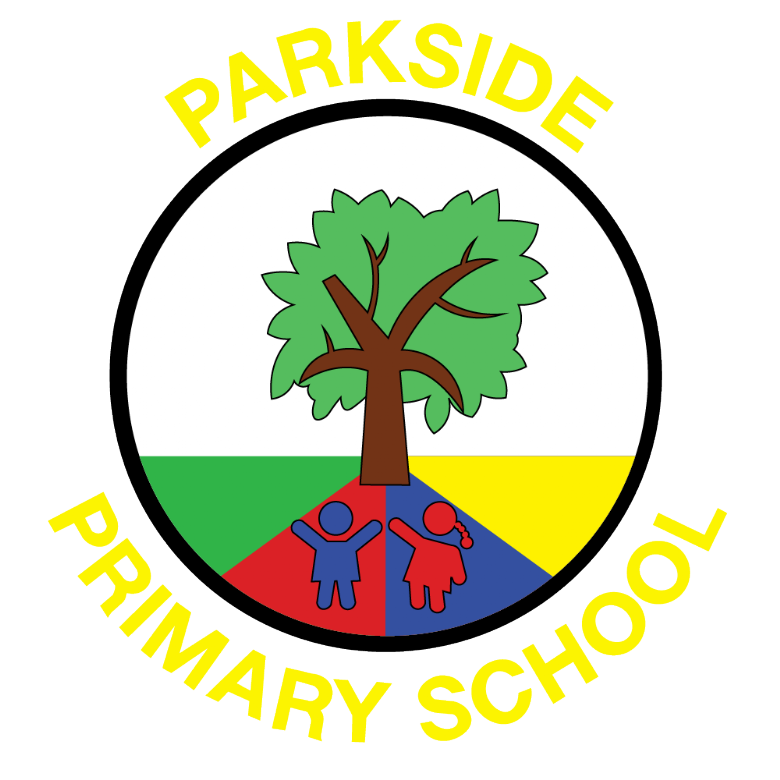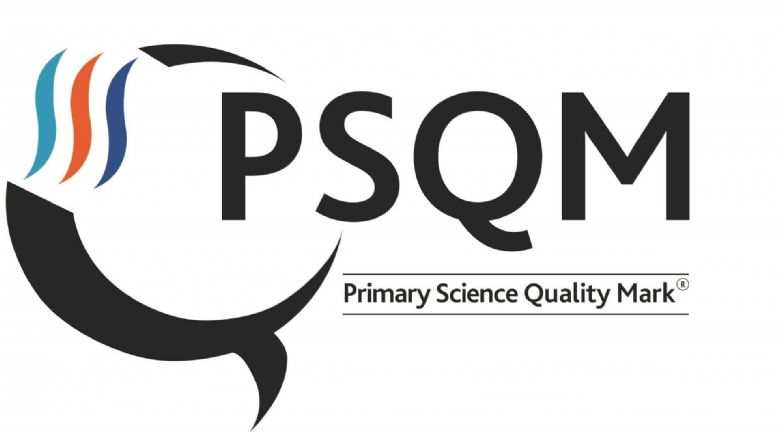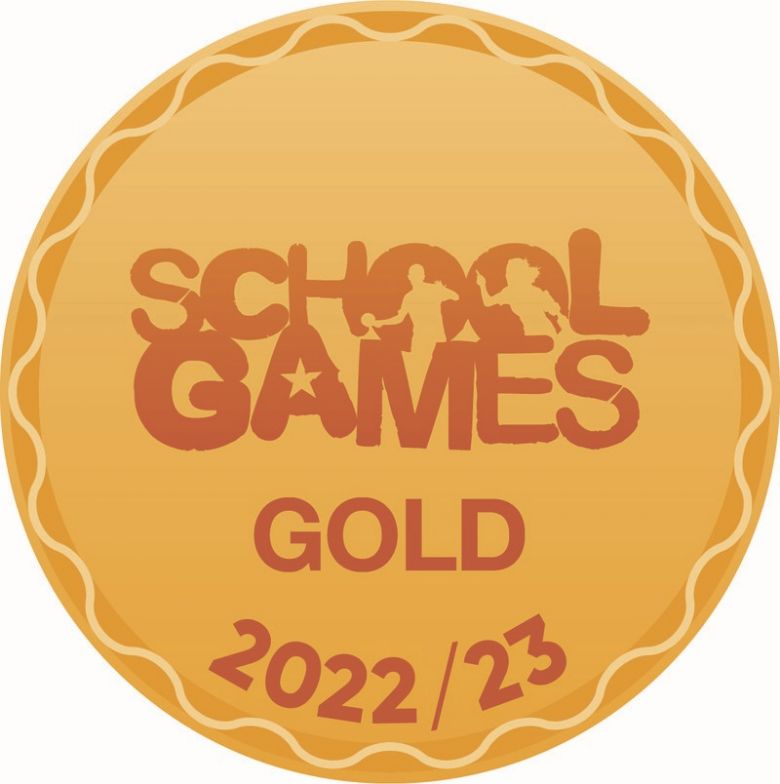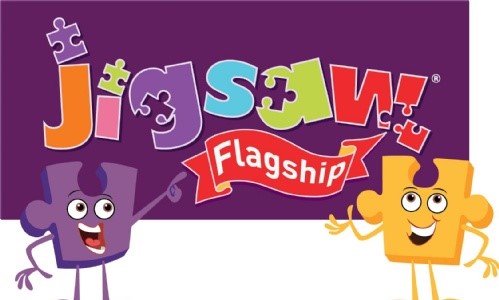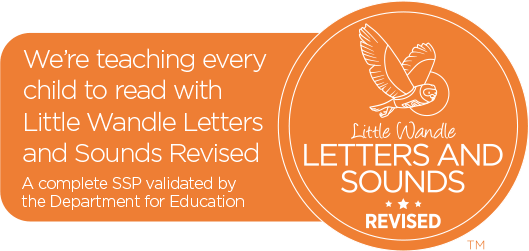Computing & ICT at Parkside
Intent, Implementation, Impact
Intent
At Parkside primary school our intent is to inspire the new generation to enjoy computing and create passion and drive through a concept led curriculum that allows them to make cross-curricular links. We aim to equip our Children with essential skills and knowledge to thrive in the digital age. Our curriculum is designed to foster a deep understanding of fundamental computing key concepts, while also promoting progression and building a strong foundation for future learning.
Our curriculum gives pupils the opportunity to learn a wide range of transferable skills using a variety of hardware and software and to apply them in real world contexts. At Parkside we want to inspire children to be confident ICT users and to encourage children to seize any opportunity without a lack of computing skills becoming a barrier. To open their eyes to the vast amount of knowledge the internet has to offer. To allow them to flourish and develop their skills as creators, technicians, problem solvers and innovators.
Implementation
To ensure effective implementation of our computing curriculum, we have adopted the principles of Rosenshine's instructional strategies. We provide explicit and systematic instruction, breaking down complex concepts into manageable parts, and offering ample opportunities for guided practice and feedback. This approach allows Children to gradually build their knowledge and skills, leading to a deeper understanding of computing concepts. This scaffolded approach supports our SEND children as each step is broken down in manageable parts as not to overload them. Integrated apps such as a reading software and voice typing also supports our children with SEND needs to access the computing curriculum when it comes to research. We also teach our foundation subjects in blocks which means children can really deepen their understanding and knowledge.
The curriculum is stemmed from the Rising Stars Computing curriculum and adapted to meet the needs of our pupils. It is designed to provide a clear progression of skills and knowledge across different year groups. We have carefully sequenced the content to ensure that Children can build upon prior learning and acquire new concepts progressively. Our curriculum covers a broad range of topics, including computer hardware and software, programming/coding, data representation, internet safety, logical reasoning, digital creation and media. The skills they develop with this subject are transferable to other subject areas for example how to record data in a Science lesson. Internet safety is also taught through our fortnightly PHSE sessions.
By following our concept-led curriculum, Children will develop a range of transferable skills, including problem-solving, critical thinking, collaboration, and creativity. They will learn how to design, create, and debug programs, fostering computational thinking and logical reasoning abilities. Moreover, they will gain an understanding of the ethical implications of technology and learn how to navigate the digital world safely and responsibly.
Our computing curriculum aims to prepare Children for their future in a rapidly changing digital landscape. It provides them with the knowledge and skills they need to succeed in secondary education and beyond, whether they choose to pursue further studies in computer science or apply their computational thinking skills in other domains.
With regards to Early Years, although it is no longer in development matters, it is imperative that our children have access to technology from an early age. In the Early Years setting, computing activities are designed to be hands-on and interactive, allowing children to explore and experiment with various devices and software. Through age-appropriate apps, games, and devices, they learn to navigate digital interfaces, manipulate objects on the screen, and develop basic digital literacy skills.
Impact
By implementing our concept-led computing curriculum, we expect to see a range of positive impacts on our Children. Through our emphasis on progression, Children will demonstrate increasing competence and fluency in coding and digital literacy. They will be able to create and debug programs independently, demonstrating their understanding of algorithms, variables, loops, and conditionals. They will develop an appreciation for the power of technology and its potential for innovation and creativity.
Our Children will also gain a solid understanding of internet safety and digital citizenship, ensuring responsible and ethical use of technology. They will be equipped to navigate the digital world with confidence, recognizing potential risks and making informed decisions to protect their online identities and privacy. They will also be well-prepared for future academic and career pathways related to computer science, as well as the ever-increasing demands of the digital age.


